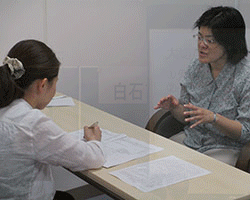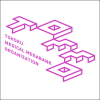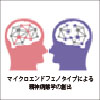Greetings
First, I would like to express my deepest sympathy to all the victims, to those who have lost their loved ones, and to those who are facing difficult times due to the Great East Japan Earthquake.
Disasters occur suddenly and force many people to experience severe stress from life-threatening situations and loss of loved ones, homes, and jobs.
Changes in living condition by disasters can also cause various types of stress. It is known that such stress greatly affects our mental health, but it also has considerable effects on our health and life in society.
The Great East Japan Earthquake paralyzed many mental care institutions and functions of municipalities or agencies involved in the mental health care system. We had to deal with issues such as moving patients, leaked medical information, and securing medical products, supplies, and information. The health care system has been lacking manpower and up to now there has been much struggle to reconstruct it or keep pace with increasing amount of work.
Grasping the full extent of the impact of a disaster is essentially difficult. The large scale disaster has made it even harder to grasp the actual conditions. The Department of Disaster Psychiatry will do its part to grasp the impact on the mental health among the Great East Japan Earth quake victims, develop a support system, and promote health to the disaster stricken areas. Also, we will take a role to accumulate knowledge, develop techniques, and share information with the world to prepare and take proper measures for future disasters.
Changes in living condition by disasters can also cause various types of stress. It is known that such stress greatly affects our mental health, but it also has considerable effects on our health and life in society.
The Great East Japan Earthquake paralyzed many mental care institutions and functions of municipalities or agencies involved in the mental health care system. We had to deal with issues such as moving patients, leaked medical information, and securing medical products, supplies, and information. The health care system has been lacking manpower and up to now there has been much struggle to reconstruct it or keep pace with increasing amount of work.
Grasping the full extent of the impact of a disaster is essentially difficult. The large scale disaster has made it even harder to grasp the actual conditions. The Department of Disaster Psychiatry will do its part to grasp the impact on the mental health among the Great East Japan Earth quake victims, develop a support system, and promote health to the disaster stricken areas. Also, we will take a role to accumulate knowledge, develop techniques, and share information with the world to prepare and take proper measures for future disasters.
It’s known that disasters tend to have a heavy impact on people’s mental health.
The Department of Disaster Psychiatry was established to understand the impact that the Great East Japan Earthquake had on victims’ mentality and to help make a disaster support system. Also, our goal is to gather knowledge and develop techniques in order to prepare and make the proper measures for future disasters.


Recruiting students
We are looking for students who want to take part in Disaster Psychiatry. It doesn’t matter what field or major you came from.
Feel free to sign up for lab observations.
If you’re interested please click here.











